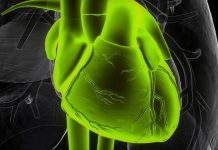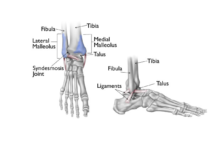The brain is the most crucial part of the human body. It allows an individual to breathe, think, speak, feel and move. The information from the outside, as well as the inside environment, makes its way into the brain that receives, processes and then integrates the information so that the human body can survive and properly function under all circumstances. But, when you get addicted to something be it drugs, alcohol or anything else, it begins to interfere with the usual processing and can cause abnormal changes. Addiction is a terrible disease as people who have some sort of addiction cannot stop using the drugs or alcohol even when they want to which can have an effect on their health.

Listed below are a few ways which would help in understanding as to how addiction effects your brain.
Addiction Changes the Natural Balance of the Brain
Homeostasis is an important biological process and addiction tends to interfere with that. The human body attempts to maintain a balance that is normal and is referred to as homeostasis. The brain acts as an overseer of this function. However, addiction to things like drugs or alcohol can change the normal balance of the brain. The brain then starts to have difficulty in maintaining the homeostatic balance and adopts a new balance known as allostasis. However, this adaptability can cause certain changes in the functioning of the brain. Addiction causes the brain to adjust to it and once it is changed, the brain would keep on needing the addictive substance so as to maintain the new balance.
Alters the Brain’s Chemistry
The importance of good communication cannot be neglected. However, the communication system of the brain is changing and adapting constantly. However, there are several drugs which have the ability to alter the communication system of the brain. And anything which can alter the communication system would naturally affect the functionality of the brain too. Due to addiction, the whole communication process of the brain gets affected. This includes withdrawal symptoms, cravings, compulsions and the continuous use of the harmful substance despite knowing its consequences. When this communication system gets affected, it affects the human body in a rather negative way.
It Changes the Structure of the Brain and their Functioning
The brain as is known is composed of several different structures and regions. The communication system of the brain allows all of these regions to coordinate their activities. Each of them has a different purpose to serve. Addiction, however, can alter the functionality of these regions and structures. The most common problems that people started facing due to addiction are –
- Incapability to take decisions, compulsivity and impulsivity
- Cravings and seeking for drugs or alcohol at all times
- Withdrawal symptoms, cravings, formation of certain habits triggering of relapse
- Causes stress which can cause relapses
Understanding how addiction effects your brain is important. It is because people often think that addiction only affects a person physically. But, in reality, it has larger effects on an addicted person emotionally as well.









